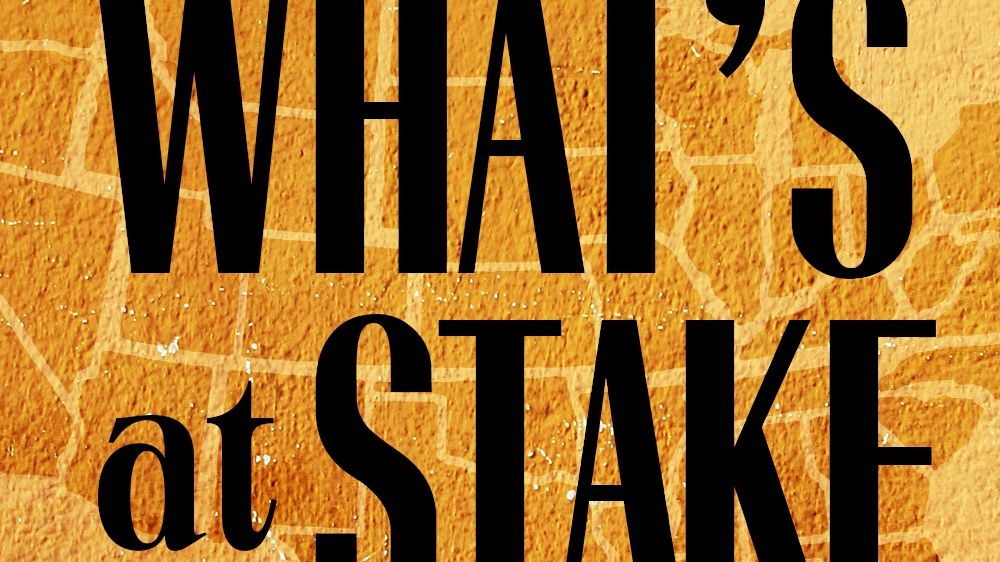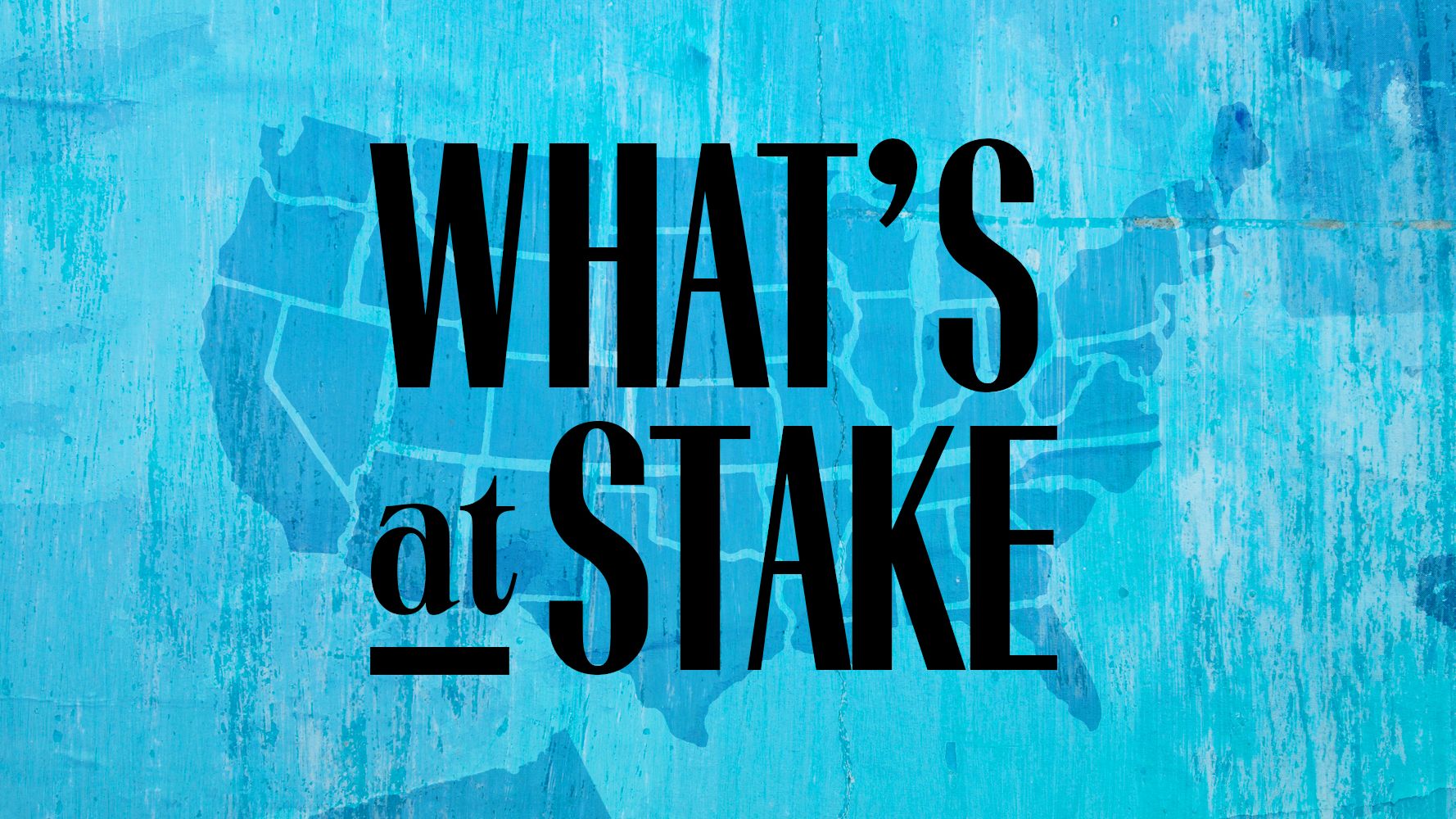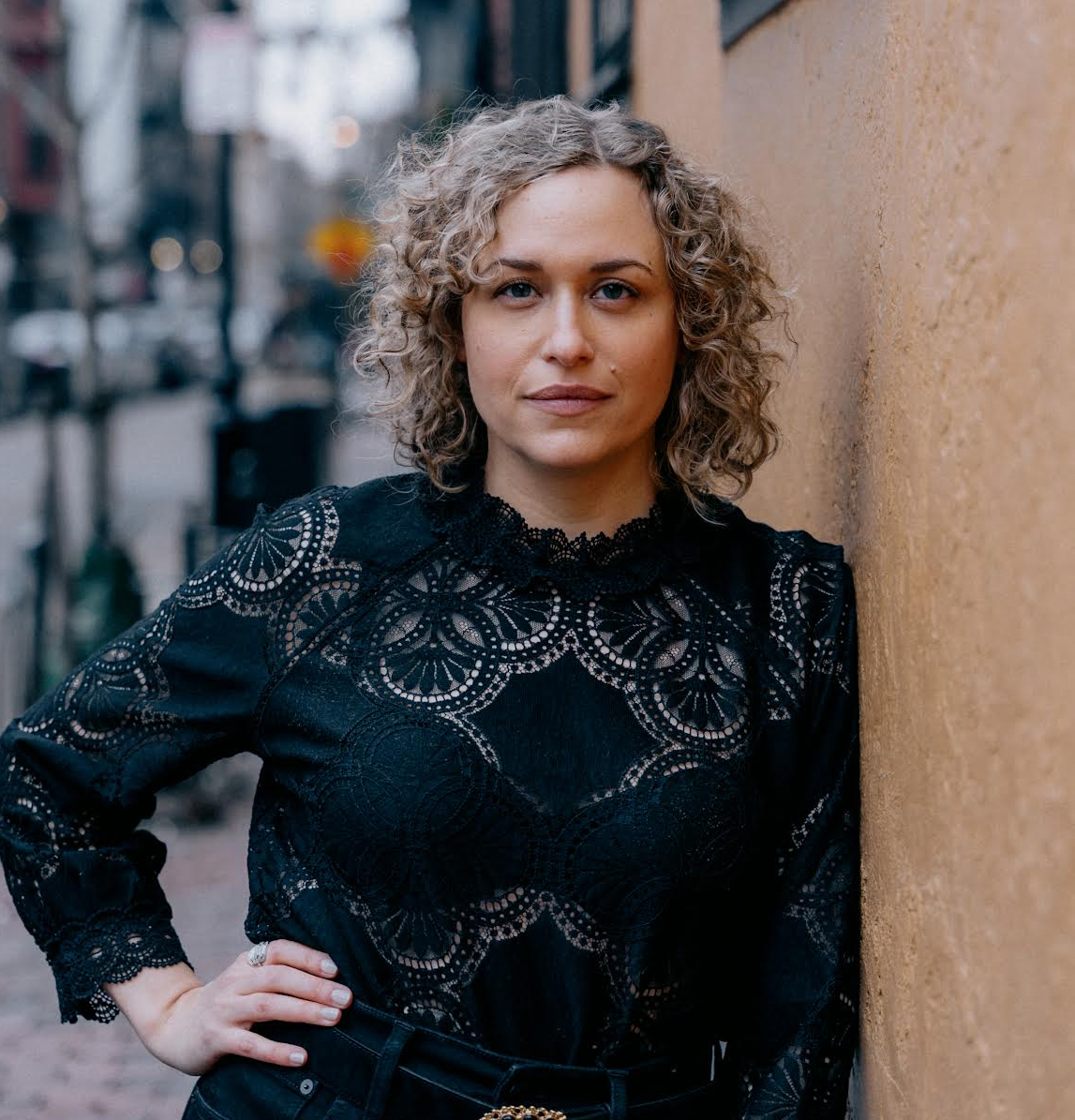What's at Stake for Marijuana in the 2020 Election
A voter's guide.


With everything that's been going on in 2020, marijuana legalization and decriminalization may not be top of mind. Yet the topic goes hand-in-hand with criminal justice reform, and more Americans than ever before support marijuana's legalization. If you're wondering where marijuana stands in the 2020 election—specifically, where presidential candidates stand on legalization and decriminalization, and what measures are on the ballot in which states—consider this your guide.
Which states have marijuana measures on the ballot this year?
Per Leafly, the largest online marijuana resource in the country, which boasts an extensive guide to each measure, there are six states voting on marijuana legislation this year:
Arizona, Montana, New Jersey, and South Dakota will vote on whether adult-only recreational marijuana becomes legal in that state.
Mississippi and South Dakota will vote on whether to legalize medical marijuana.
Why does it matter?
Even if you're not personally interested in partaking, the legalization and decriminalization of marijuana has far-reaching impacts.
The first thing to know: There's a difference between decriminalization and legalization. Decriminalization means that instead of jail time, law enforcement may only use fines, education, and treatment as methods of prosecution. Decriminalization would also expunge the convictions of people arrested for cannabis use, at least under Joe Biden's proposed plan. Marijuana can still remain illegal with decriminalization, whereas legalization would allow for marijuana to be treated in much the same way as alcohol or nicotine—with restrictions, but legal to use.
The legalization marijuana is a particularly important issue for young voters and other key demographics. It's also a key issue in states that really matter to the 2020 election—including Florida and Colorado. But on a larger, more critical level, decriminalizing marijuana would contribute to criminal justice reform and begin to undo some of the injustices that have specifically and repeatedly targeted Black people. The badly misnamed and ultimately failed "War on Drugs," espoused and strengthened by Presidents Nixon and Reagan, had a particularly negative impact on Black Americans.
Get exclusive access to fashion and beauty trends, hot-off-the-press celebrity news, and more.
Today, of all non-violent arrests (1.5 million a year), just under half are for marijuana. Resources don't exist to prosecute all 17 million marijuana users, and selective prosecution takes place along racial lines. Harsh mandatory minimum sentencing laws can lead to long jail times for small amounts of marijuana. Schools and workplaces also include marijuana in their drug tests, which means that the impact of criminalization extend far beyond the courtroom.
The current administration continues to blame legal marijuana for causing violent crime, when the opposite has been shown to be true.
What's Joe Biden's position on marijuana?
In 1994, Biden supported the Violent Crime Control and Law Enforcement Act, a controversial bill that activists say contributed to more aggressive policing and mass incarceration. But in the intervening years, he has diverged from that perspective and Biden is now even more progressive than Obama was on the subject.
Biden doesn't favor a legalization bill, but not because he favors stricter drug laws. It's apparently all about public health, and the research he feels needs to be done to ensure it's safe. That said, Biden has been in favor of decriminalization and removing marijuana as a Schedule 1 narcotic—the same category as heroin and ecstasy—and treating it in the same terms as alcohol and nicotine. He's also in favor of legalizing medical marijuana at the federal level and allowing states to determine their own policy.
At the vice presidential debate, Harris stated that a Biden-Harris administration will decriminalize marijuana.
Where does Donald Trump stand on marijuana?
After initially saying he would leave marijuana legalization to the states while campaigning in 2016, Trump's administration has taken a severe anti-marijuana stance, stating that it should be illegal at the federal level.
The 2021 fiscal budget proposal advocated removing protection for state medical marijuana laws, and the administration repealed a policy that keeps federal prosecutors away from prosecuting in states that had legalized marijuana. Now, if you're in a state that has legalized marijuana, you could conceivably still be prosecuted.
RELATED STORY


Katherine’s a contributing syndications editor at Marie Claire who covers fashion, culture, and lifestyle. In her role, she writes stories that are syndicated by MSN and other outlets. She’s been a full-time freelancer for over a decade and has had roles with Cosmopolitan (where she covered lifestyle, culture, and fashion SEO content) and Bustle (where she was their movies and culture writer). She has bylines in New York Times, Parents, InStyle, Refinery29, and elsewhere. Her work has also been syndicated by ELLE, Harper’s Bazaar, Seventeen, Good Housekeeping, and Women’s Health, among others. In addition to her stories reaching millions of readers, content she's written and edited has qualified for a Bell Ringer Award and received a Communicator Award.
Katherine has a BA in English and art history from the University of Notre Dame and an MA in art business from the Sotheby's Institute of Art (with a focus on marketing/communications). She covers a wide breadth of topics: she's written about how to find the very best petite jeans, how sustainable travel has found its footing on Instagram, and what it's like to be a professional advice-giver in the modern world. Her personal essays have run the gamut from learning to dress as a queer woman to navigating food allergies as a mom. She also has deep knowledge of SEO/EATT, affiliate revenue, commerce, and social media; she regularly edits the work of other writers. She speaks at writing-related events and podcasts about freelancing and journalism, mentors students and other new writers, and consults on coursework. Currently, Katherine lives in Boston with her husband and two kids, and you can follow her on Instagram. If you're wondering about her last name, it’s “I go to dinner,” not “Her huge ego,” but she responds to both.